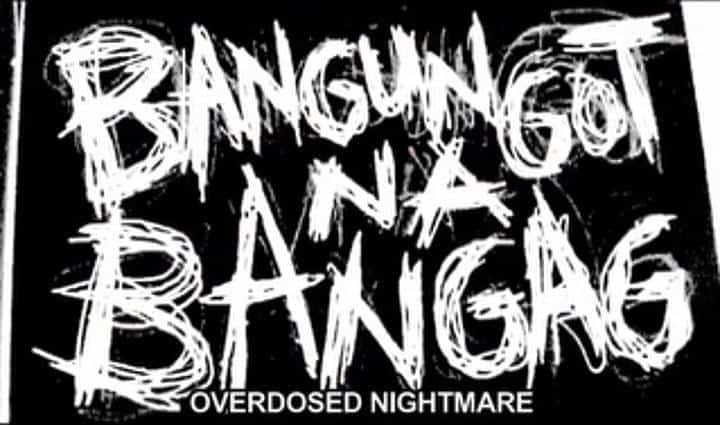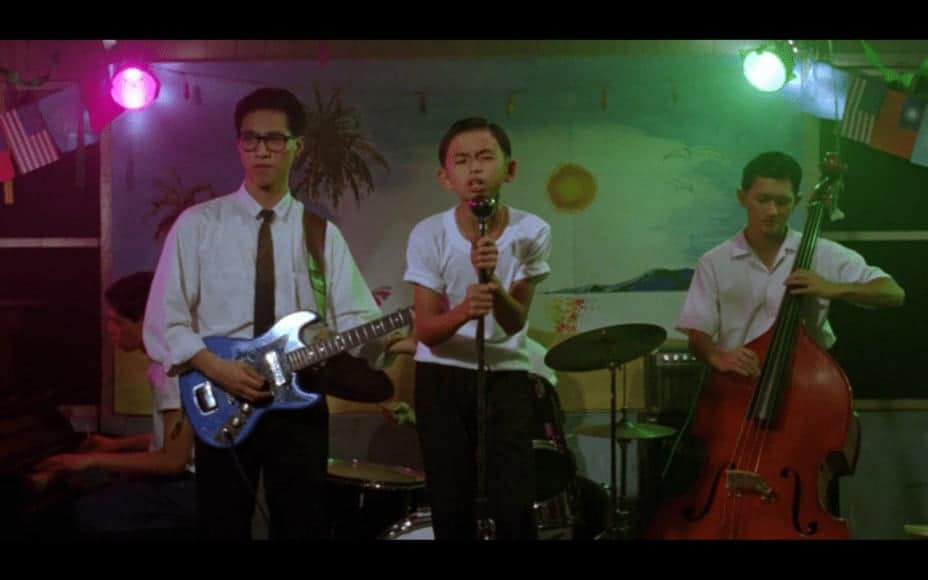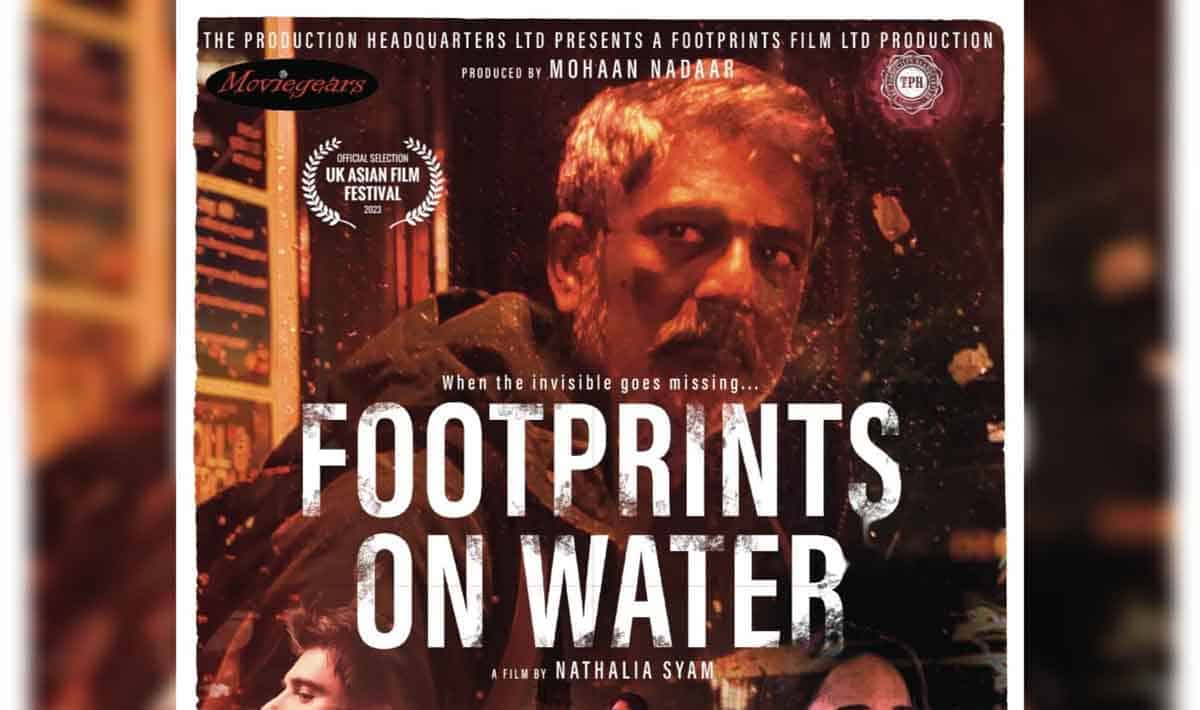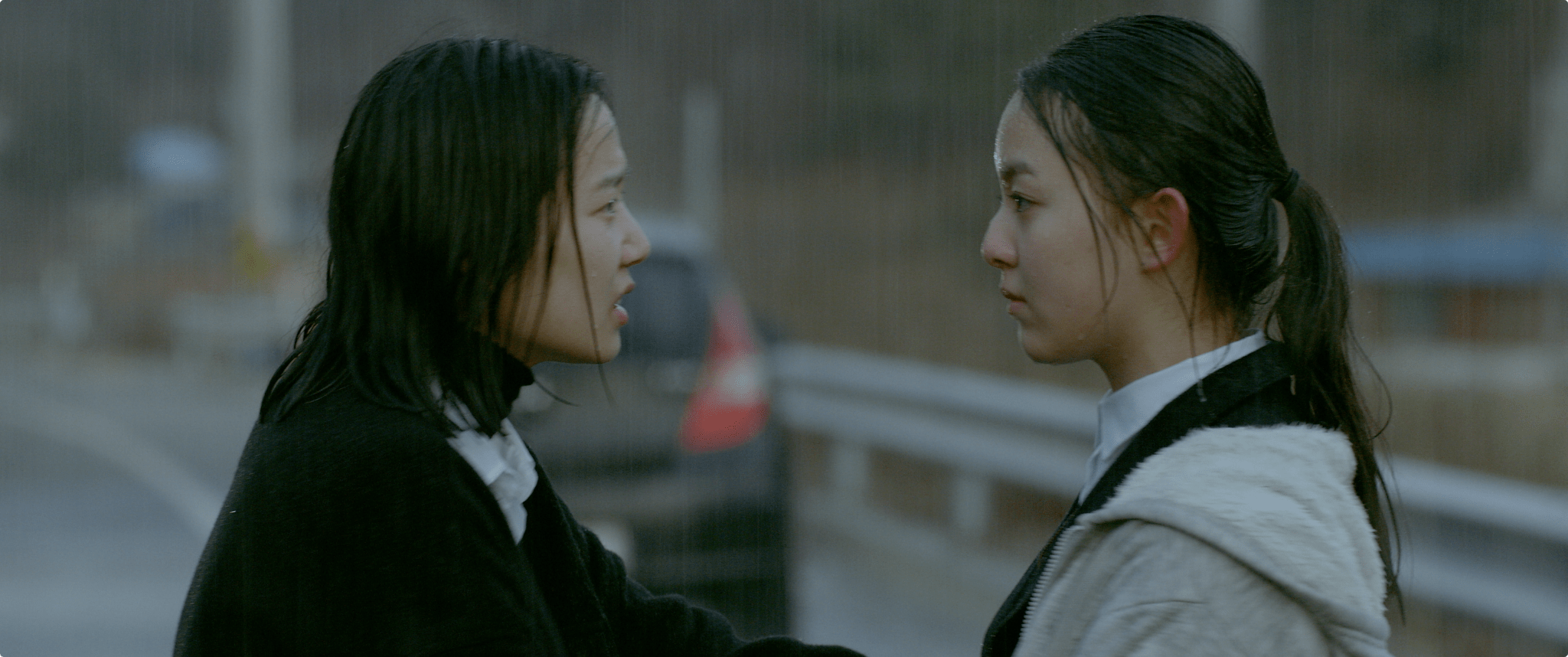Khavn's extremely unusual cinema finds one of its apogees in “Overdosed Nightmare”, a film whose avant-garde premises are juxtaposed with paranoia, decay and grotesqueness, through which the Filipino director presents his intense sociopolitical and philosophical comments.
Buy This Title

The rather experimental film is comprised of a series of vignettes, some of which continue through the narrative and others are presented just once. The gang of misfits that sit on a roof and challenge each other to eat baby rats (real ones for that matter) is the first. A young man who takes another man prisoner, after a meeting where the former expressed some extreme opinions the former did not like, tying him up, and sticking him into a barrel in the floor while he tortures him and sputters sociophilosophical “wisdom” is the second. Another man tortures a man with a broken leg. A recreation of Jesus's path to Golgotha is one more. A street vendor cutting fruits and trying to sell them and a mother who loves her son are also among the many more settings appearing in the film.
Describing what actually happens here, however, is as difficult as watching this grotesque, chaotic, iconoclastic and satirical movie, with the only certainty being Khavn's comments. The most central one is the rather harsh critique on religion, through a number of images and sequences that show the relationship between human consciousness and the artificial construct of religion, with the one with the path of Jesus to crucifixion being the most iconic. The fact that religion leads to violence is another aspect of this presentation, which also extends to a comment about human nature and particularly the concept of masculinity. In that regard, Khavn seems to state that the need of men to dominate others to ascertain their masculinity is what leads to self-destruction, in another harsh comment. The lack of guidance people suffer from in contemporary Philippines, and the role religion and the government play in that part is another comment that moves in the same path.

All the aforementioned, however, are depicted through Khavn's unique style, that features a torrenting succession of sequences, occasionally in color, occasionally in black and white, with cinematographers Albert Banzon, Alma de la Pena and Khavn himself presenting a number of images as chaotic and intense as the overall aesthetics of the film. This sense of chaos is also heightened by the fact that “Institute of Poets”, a short Khavn shot before, is also incorporated in “Overdosed Nightmare”. In that regard, Lawrence S. Ang's editing is, once more, one of the most central elements of the narrative, with his work implementing the chaos in the most impressive fashion.
Khavn's films also function as music videos occasionally, and this one is no exception, with the nervous and tense sounds from a piano heard throughout the movie providing a more than fitting background, intensifying the sense of angst that permeates the narrative.
Once more, Khavn goes to “places” filmmakers very rarely even dare look at, and through an approach that can only be described as unique. Evidently, “Overdosed Nightmare” is not for all, but those who can embrace the chaos will come across an extreme but genuine cinematic experience.















